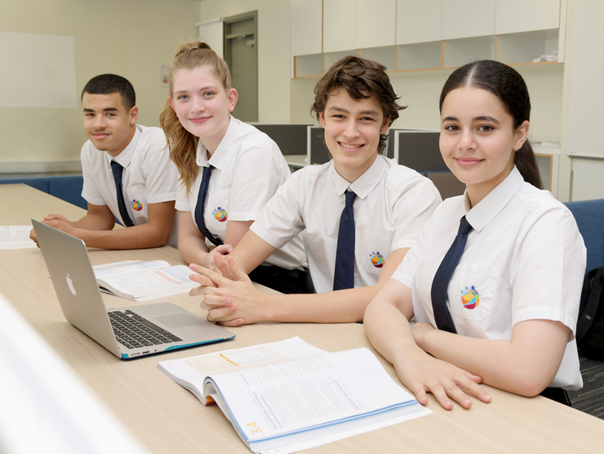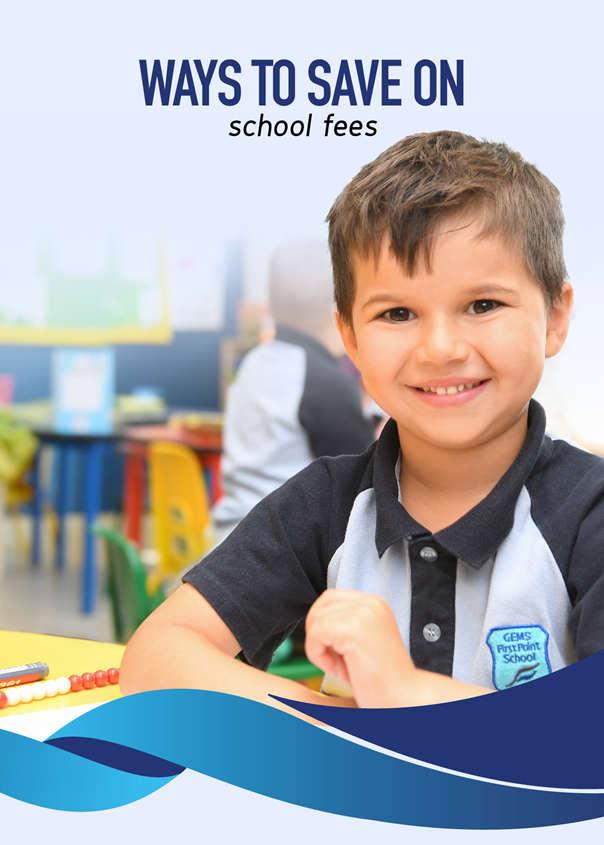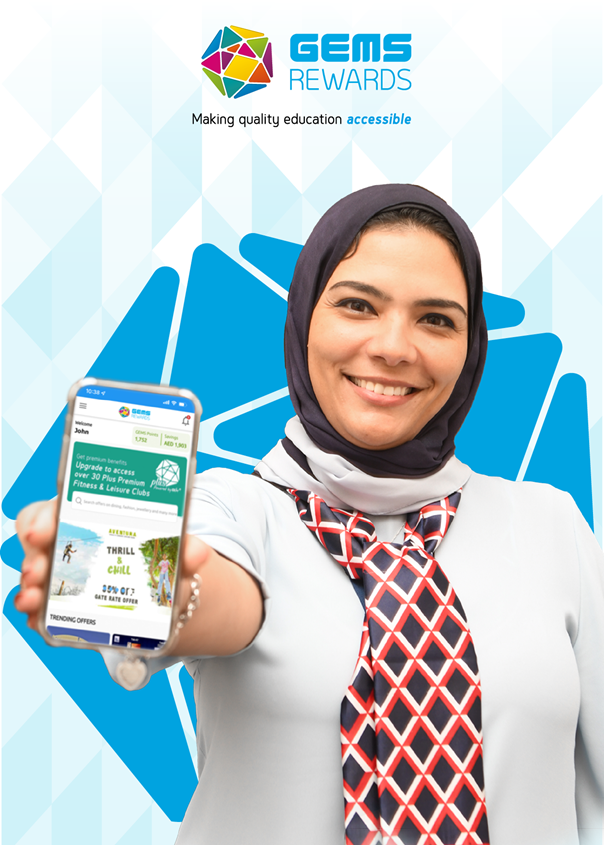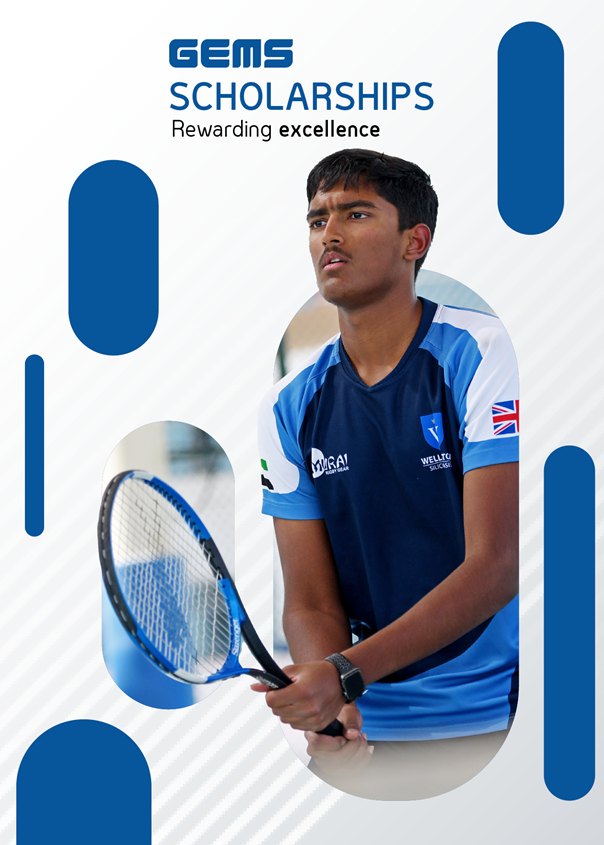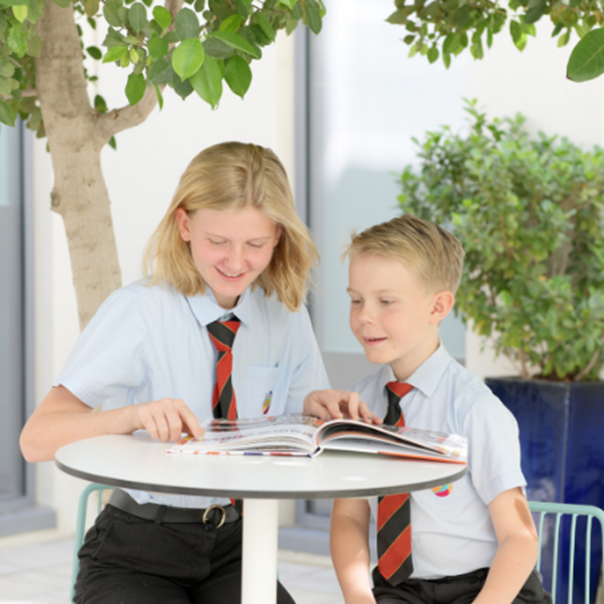
Choosing Options / Pathways
For Senior School & beyond
Whether selecting what subjects to take for GCSEs or the IB Diploma Programme, the pressure on students to choose the right electives that will carry them through the remainder of school and then into college is more or less the same.
Students are expected to have an idea of what they want to study a few years in advance and their subject choices need to support and reflect that. They are choices that will potentially affect the rest of their lives.
“What it is essential is that we prepare our students to become creative, excellent communicators, critical thinkers, and give them the skills to be able to work collaboratively. We believe these are the skills they will need to be successful,”
Rhys Headley
Assistant Principal at GEMS FirstPoint School — The Villa (FPS).
GCSEs
Students can expect to take around nine subjects, and they might be asked to make their selection in Year 8 rather than Year 9 because schools may offer the GCSE curriculum over two or three years. This is something parents should keep in mind when selecting a school for their children.
In all schools following the National Curriculum for England, students study several core subjects that are compulsory, including English, Maths and Science, although even here there may be some choice. Maths and Science offer different tiers of entry – higher and foundation. In English, students usually take Literature and Language, worth two GCSEs, but this is not always the case. Science offers a single, combined, and triple qualification route, with the triple being the most demanding in terms of content.
Schools will often place students on pathways depending on their previous performance and ability, but they should always do this by engaging with parents to explain their rationale. For example, a student may want to study single sciences at A-level and university but may be inhibited by being placed on a combined science route.
Additional subjects students can take will depend on the individual school, yet students are normally able to choose at least one course from each of the following areas: Arts (such as Music and Drama), Design and Technology; Humanities (such as History and Geography); and Modern Foreign Languages (MFL). Sometimes, schools offer new subjects, such as Law, Psychology and Sociology.
Schools in the UK predominantly do pure GCSEs due to a focus on their rankings on performance tables, yet many international schools that are not so constrained choose to do iGCSEs instead, as they offer an international flavour to their content. In the likes of iGCSE English, they offer a coursework option, too.
Students can study for work-related qualifications, also called vocational qualifications or technical awards. These can help students develop practical skills in subjects such as construction, computing and childcare, and are well respected by universities and employers, especially in the UK.
A good school will focus on looking at each student individually and making decisions with that individual’s best interests at heart. Students who are unsure of what they want to do in the future, for instance, might be best advised to keep their options open.
Such an approach would involve the student taking a broad and balanced approach to picking their options and selecting a variety of subjects. This might typically include a language, a humanities subject, a technology subject, and a business/ICT-type subject. These, alongside the core curriculum subjects of English, Maths and Science, enable the student to specialise at a later age when they have decided which pathway they wish to follow.
It should be noted that by making the decision not to specialise too soon and keep a broad and balanced subject set, parents are not holding their children back. There is still plenty of time to specialise later during their post-16 studies. Specialising too early could set them up to fail if they decide two years later that they want to follow a different career.
Students can either start to specialise in similar subjects in greater depth or develop their understanding and skills across a much broader range of subjects. In some cases, students are very clear about where their strengths lie and what they want to do in the future, and they may decide to specialise at an earlier age. This means that they may pick several subjects from the same group, such as Dance, Drama and PE, or Business and Economics, through which they can really improve their skill set and knowledge in that specific area.
Either way, students gain qualifications that will help them move on to the next stage of their learning journey.
IB Diploma Programme
Unlike other curricula, the IB Diploma Programme asks students to select several subjects in varying disciplines. As such, a lot of thought and consideration needs to be given to ensuring students are selecting subjects that meet university entry requirements and speak to their individual interests.
There are six subject groups, and students are expected to take one subject from each. However, if they do not wish to study a subject from one group, they can substitute it for an extra subject in another group. Three of their subjects must be taken at standard level, and three at higher level.
Students also need to complete the core subjects of the IB Diploma: Creativity, Activity and Service (CAS), which is done in the student’s own time; Theory of Knowledge; and a 4,000-word extended essay that is an independent piece of academic research, guided by the school.
Subject groups:
- Group One covers language and literature. In many cases, students study English as their first language and explore aspects of language and literature.
- Group Two focuses on language acquisition, which is usually a modern language course with an emphasis on the acquisition of the language and its use in a range of contexts.
- Group Three consists of subjects such as business, economics, psychology, history, philosophy, geography and global politics. Studying any one of these subjects allows for the development of a critical appreciation of human experience and behaviour.
- Group Four is made up of science subjects including biology, chemistry, physics, computer science, environmental science and sports science. These subjects are a necessary aspect of the Diploma Programme.
- Group Five encourages students to appreciate the international dimensions of mathematics. Students have an option to study mathematics analysis and approaches, or mathematics applications and interpretations.
- Group Six consists of the arts. Students can opt to study art, music or theatre.
Course selection routinely begins in Grade 10, when schools will present options available to students and their parents, and with students commonly receiving personalised guidance from the school’s IB Diploma Coordinator and university guidance counsellor. This will cover areas such as the subjects in which students can perform well at a higher level, and subjects that students can use to help them add value to their diploma score. Also important is to consider those courses where students should refrain from choosing a higher level, as subjects that they struggle with could negatively impact final diploma outcomes.
Students must also keep in mind the requirements to study overseas. It is critical to ensure the courses selected for DP are recognised by each country’s ministry of education. The choices students finally make in Grade 10 for their diploma will impact the universities to which they can apply. Whatever options students pick, they should be improving their skills in each and the subject should promote this type of learning.
- Key things students should consider
- The programmes they wish to study
- Which university they’d like to attend and in which country
The subjects they are good at, interested in, and enjoy How courses are marked – if they don’t excel in formal exams, for example, they may prefer subjects that include coursework When choosing between two subjects, they should think about how each option fits with their other selections – does it complement another course or provide a welcome change? For instance, when taking several essay-based subjects, it can be nice to include one with a more practical focus.
At the end of the day, choosing subject options involves big decisions and can be a stressful time. However, schools have a vested interest in their students’ success, and there should always be teaching staff available to advise them in achieving their dreams.
More to Explore
-
At some stage, all parents face one critical decision in their parenting journey: which school to choose for their child or children. It’s a difficult, sometimes confusing, but nonetheless important decision that impacts both your life as a parent and your child’s future.Read More
-
When considering your child for a place at any of our primary and secondary schools, we may even conduct an age-related placement test as part of the admission process.Read More
-
When it comes to understanding the price range within different academic grades in the UAE, it's important to consider the specific needs and goals of students at various stages of their education.Read More
-
As a GEMS parent, there are many ways you can save on your annual school tuition fees.Read More
-
GEMS Rewards is an exclusive rewards programme for our community of students, parents and staff designed to make quality education accessible.Read More
-
Our parent community are our best advocates and the Ambassador Programme is our way of saying thanks for playing an active role in our success.Read More
-
We offer Academic Scholarships to students who have consistently placed at the top of their class in all their subjects for at least the last three years.Read More







